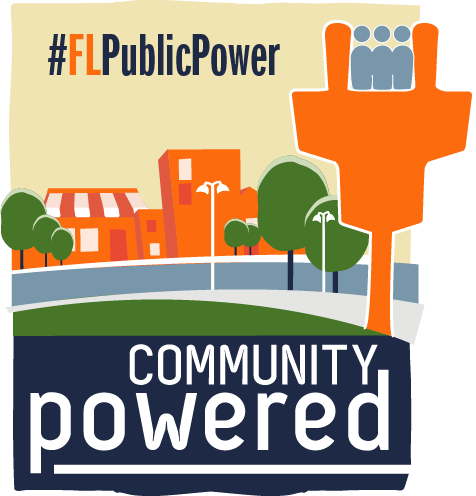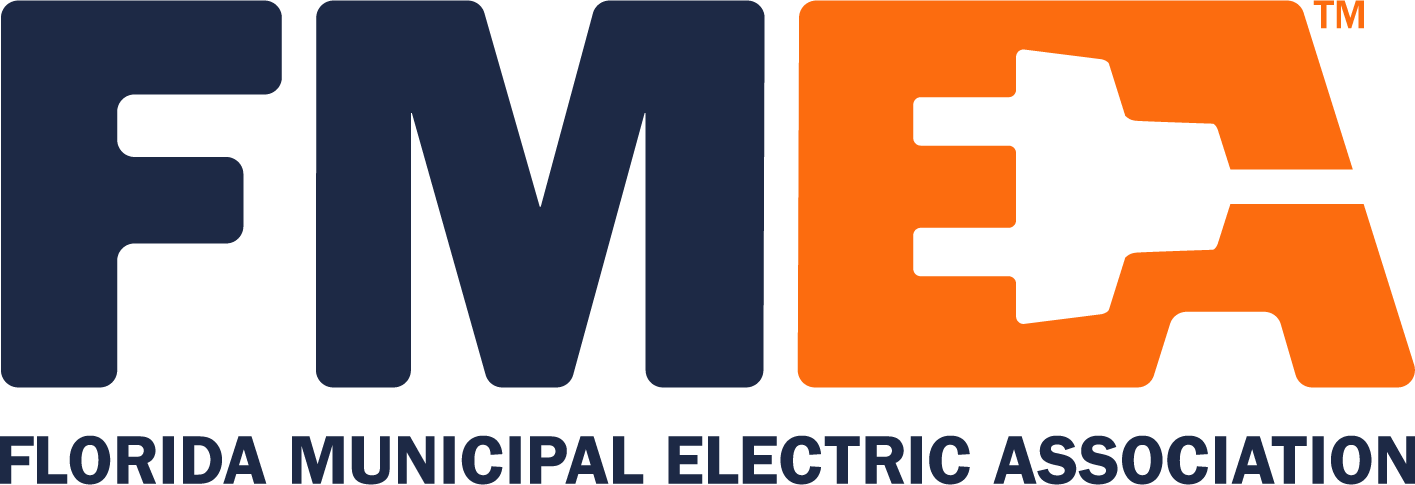Supreme Court Eyes FPL Rate Deal
 Article reposted with permission from The News Service of Florida.
Article reposted with permission from The News Service of Florida.
The state Supreme Court on Tuesday again waded into a challenge to a 2021 settlement that increased base electric rates for Florida Power & Light, with the debate focused on a solar-energy program. A coalition of groups, represented by the Earthjustice legal organization, challenged the Florida Public Service Commission’s approval of the wide-ranging settlement in 2021. In a somewhat-unusual move, the Supreme Court last year sent the case back to the commission because justices said the regulatory panel had not shown why the settlement “is in the public interest and results in rates that are fair, just and reasonable.” The commission responded in March by issuing a more-extensive order backing the settlement, but the groups filed a renewed challenge. The Supreme Court hearing Tuesday focused on part of the settlement that expanded what is known as the SolarTogether program. The program involves some customers paying more on their electric bills to help finance solar projects and then getting long-term bill credits. Bradley Marshall, an attorney for the challengers, argued, in part, that commercial and industrial customers of FPL unfairly benefit from participating in the program, at the expense of other ratepayers. But attorneys for the commission and FPL disputed such arguments, with FPL attorney Daniel Nordby describing participation by customers in the program as an “investment” in solar facilities. The Supreme Court typically takes months to issue opinions after hearing arguments in cases. FPL reached the four-year settlement with the state Office of Public Counsel, which represents consumers in utility issues, and other parties including the Florida Retail Federation, the Florida Industrial Power Users Group and the Southern Alliance for Clean Energy. The coalition of groups challenging the settlement is made up of Florida Rising, the Environmental Confederation of Southwest Florida and the League of United Latin American Citizens of Florida. Base-rate issues are closely watched, as they involve billions of dollars, make up large portions of customers’ monthly bills and help determine utilities’ profitability.
 Enter your email address in the
Enter your email address in the 